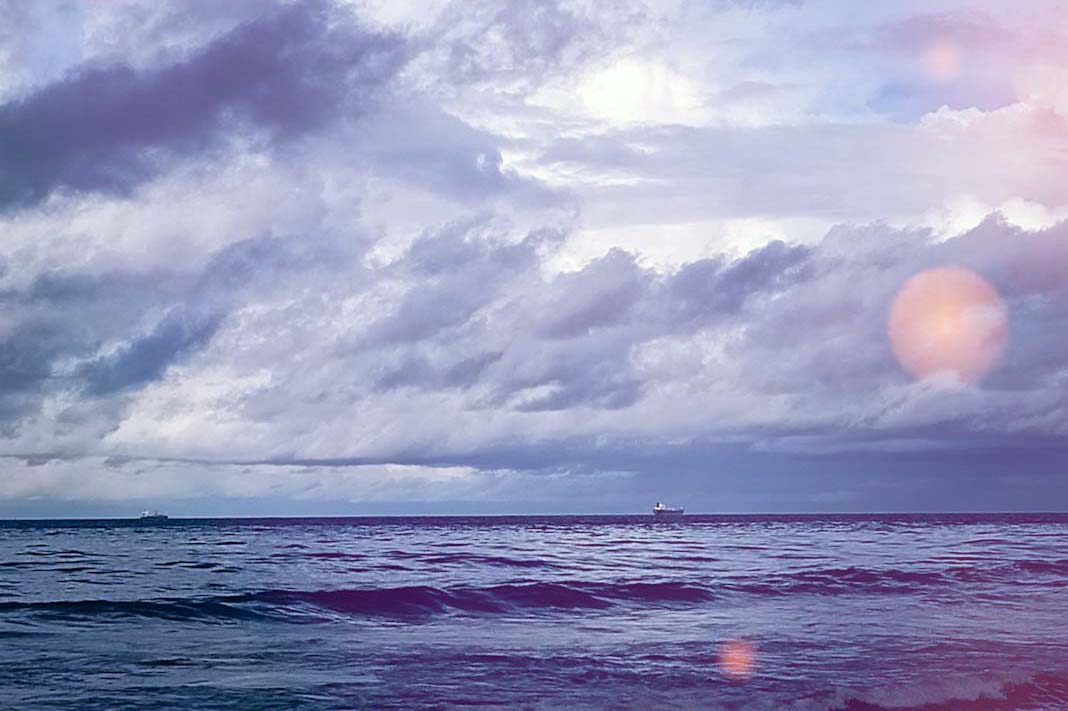
According to Oceanographic Magazine, groundbreaking legislation has been passed to establish the largest Marine Protected Area (MPA) network in the North Atlantic, covering 30% of the waters surrounding the Azores archipelago. This milestone aligns with the international goal of conserving 30% of global lands and oceans by 2030, a target currently under review at the UN Biodiversity Conference COP16 in Colombia.
Scope and Protection Measures for the Azores MPA
The newly designated MPA spans almost 300,000 square kilometers, making it the largest of its kind in the North Atlantic. Half of this area is fully protected, restricting all extractive activities to preserve biodiversity. The other half is a “highly protected area,” permitting only minimal, low-impact extraction. Leaders in the Azores herald this achievement as a crucial advancement in marine conservation, setting a standard for international biodiversity efforts.
Alignment with Global Biodiversity Goals
The timing of this designation is crucial, as global leaders convene at COP16 to strategize on preserving biodiversity and implementing the Kunming-Montreal Global Biodiversity Framework. Signed by 196 countries, this framework commits to protecting 30% of global land and marine ecosystems by 2030. The Azores’ new MPA supports the European Union’s Biodiversity Strategy for 2030, reinforcing its contribution to worldwide conservation goals.
Role of Marine Protected Areas in Climate Resilience
MPAs are vital tools for reversing biodiversity loss and enhancing ocean resilience to climate change. The Azores, celebrated for its unique marine life, has set a notable precedent by safeguarding its waters in line with the 30×30 objective. However, despite recent efforts, a report by Greenpeace International cautions that, at the current rate, the global goal may not be fully achieved until 2107.
Sustainable Vision for Azores’ Marine Ecosystem
President José Manuel Bolieiro of the Azores’ Regional Government highlighted the cultural, social, and economic importance of ocean health to the Azorean identity. “Our ocean is at the core of who we are,” he stated. “This commitment to protecting 30% of our seas is a significant step toward a sustainable blue economy, offering a model for other regions.”
Biodiversity and Ecological Importance of the Azorean Sea
The Azores, a volcanic archipelago in the North Atlantic, spans around 1,000,000 square kilometers of ocean, encompassing 55% of Portuguese and 15% of European waters. This region is a biodiversity hotspot, home to species such as sharks, whales, deep-sea corals, and hydrothermal vent ecosystems, which are essential for both local and global ecological health.
Collaborative Marine Conservation Efforts
The Regional Government credits this conservation success to an inclusive, participatory process. Through over 40 stakeholder meetings involving fishing, tourism, maritime transport, and environmental organizations, the MPA network was carefully designed. Representatives from the Azores emphasize this collaborative model as one that balances ecological, economic, and community interests, based on rigorous scientific data.
Did you Subscribe to our daily newsletter?
It’s Free Click here to Subscribe!
Source: Oceanographic Magazine















